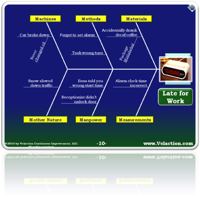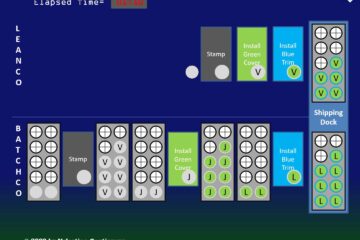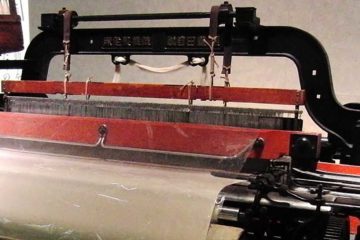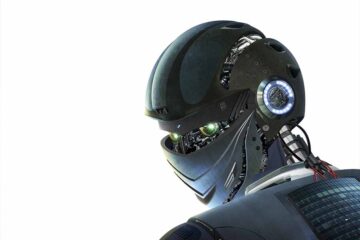Sensei
In Lean, the term sensei means “expert” or “master” and highlights the Japanese origin of modern Lean practices. Its use shows great respect to the recipient. It is normally bestowed upon Lean practitioners who have shown extraordinary skill in Lean implementation and are exceptional at passing that knowledge on to Read more…



